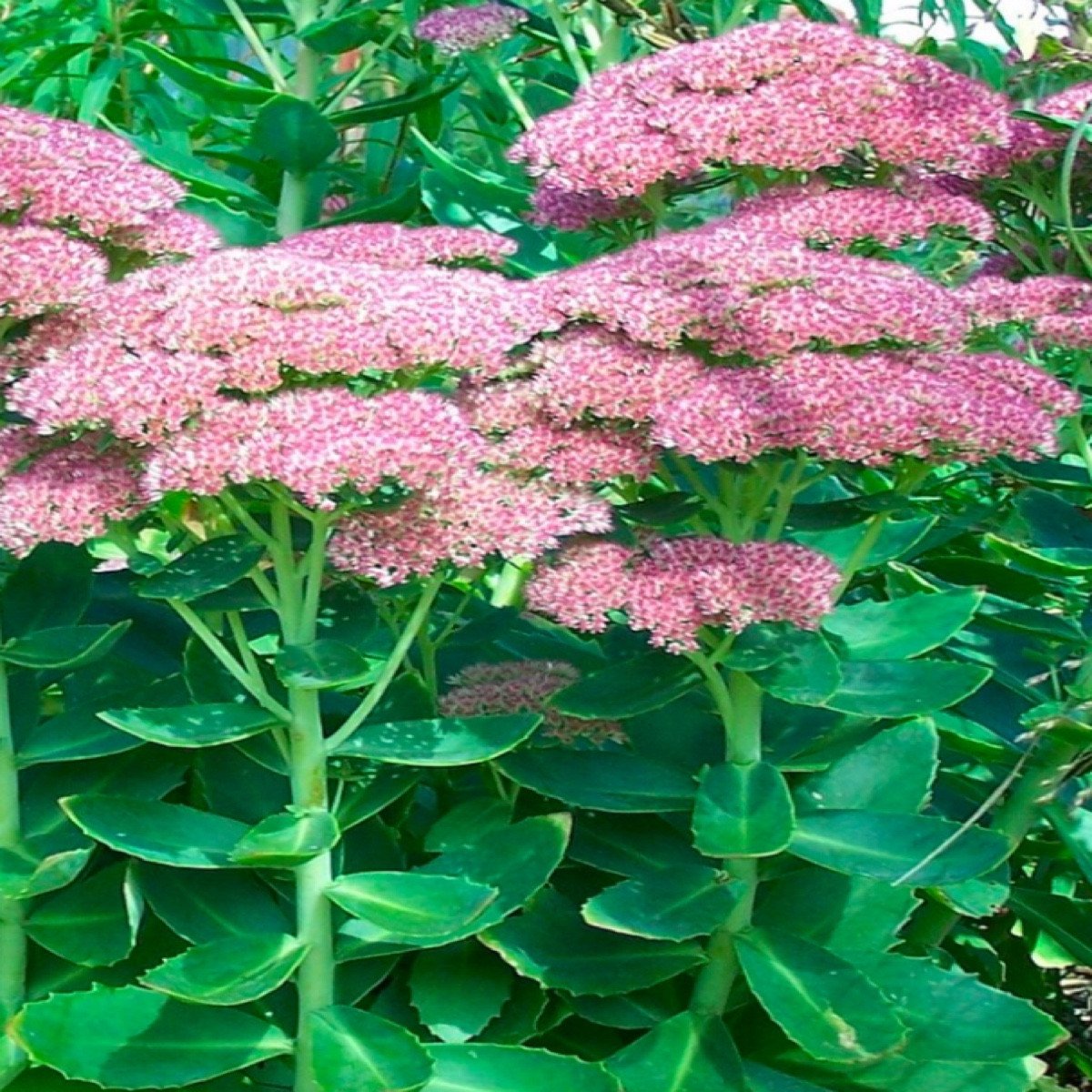Fetthenne / Fettblatt Standardsorte

Variety
Fetthenne / Fettblatt Standardsorte
created by Ninchen28 at 17.03.2025
Season Overview
Propagating
Planting
Harvest
Harvest
J
F
M
A
M
J
J
A
S
O
N
D
1ST YEAR
FOLLOWING YEARS
Description
The Sedum genus comprises 420 species, making it the largest family within the Crassulaceae. The genus was named perennial of the year in 2011. Tall-growing species are known as stonecrop or fat leaf, while carpet-like growing species are known as stonecrop. The low-growing species are at their best in rock and gravel gardens. These robust plants are ideal for low-maintenance greening of walls and roofs. Tall-growing species show their strengths in herbaceous borders. Sedums also cut a fine figure in troughs and tubs. Sedum species have an ornamental aspect with their decorative growth, even without flowers. This means that hardy species help to beautify gardens and parks in winter. When sedum blooms, no butterfly can resist. The nectar-rich flowers are real insect magnets and provide a rich source of food.
Non hybrid
Frostproof
Growing tips
Do not water and fertilize the fat hen too much The need for light is high. The water and nutrient requirements of the Fat Hen are low. Water all sedum species minimally during longer periods of heat. Allow the soil to dry out well before watering. Winter protection is not necessary.
Details
Light requirement
Semi-shaded
Water requirement
Dry
Soil
Light (sandy)
Nutrient requirement
Low
Plant distance
50 cm
Row spacing
50 cm
Seeding depth
0-0.5 cm
Companion Plants
Antagonistic Plants
No antagonistic plants
Diseases
Powdery mildews
Root Rot
Pests
No pests